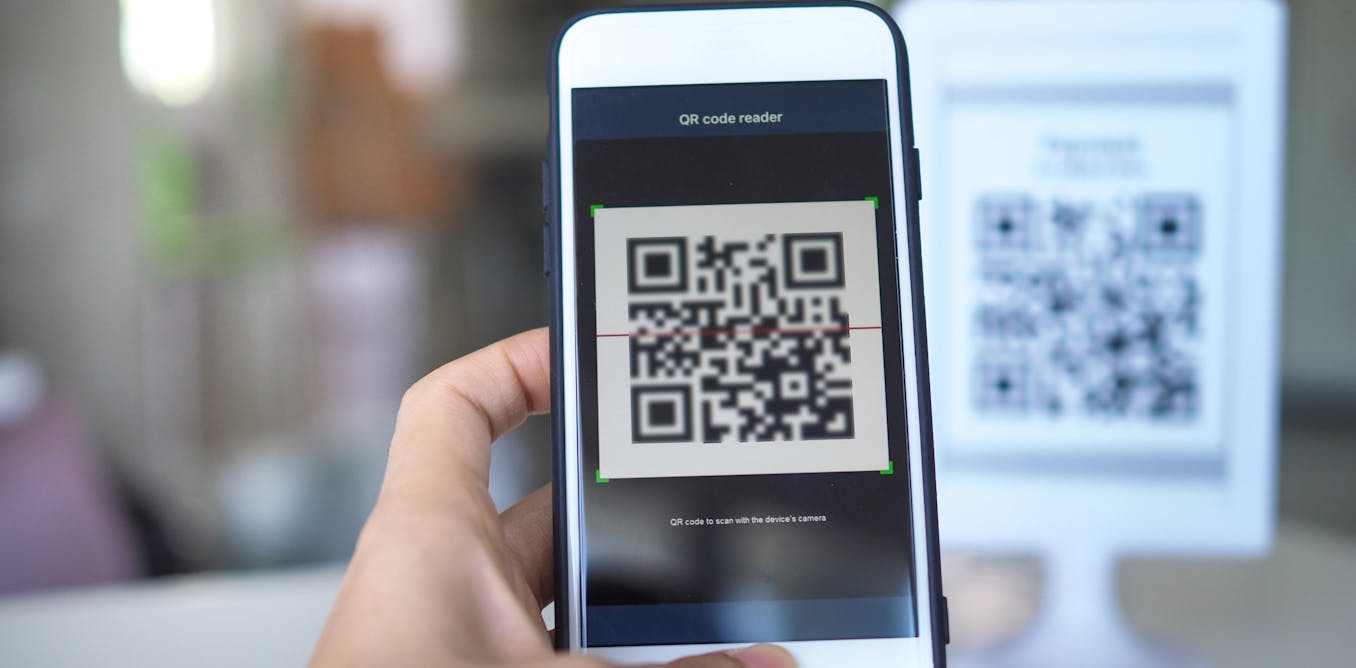I find this topic to be extremely political but it’s like it has fallen between the cracks of the political discourse. I could be wrong, of course.
Many countries worldwide are trying to implement some sort of digital ID and digital wallet.
The way this is portrayed by systemic sources is that it is going to be just like our regular ID and wallet. Just better for us.
Even tho the specifics will be different, there are some characteristics that will be standard. Both will be linked and controlled by a centralised entity or a combination of centralised entities (i.e. a government and a central bank).
Meaning, someone else has total control over the content of your wallet, this includes our ID and our digital money (see Central Bank Digital Currency). CBDCs are going to be a by default a 2-tier system retail (for people) and wholesale (for big institutions). And this is why this system will not be like our regular IDs or wallets.
Even tho as mentioned in this article this new approach needs to be adopted by the public, there are ways to force the public to do so. For example it could be required to use this system for tax purposes.
This is already a lot, and in the same time not enough. Some more info on the topic, coming from institutional sources can be found here:
European Union
World Economic Forum
- Reimagining Digital ID
- How universal wallets can help businesses unleash the full potential of digital identity
- CBDCs come in two forms: retail and wholesale. What’s the difference?
Wiki



No thanks. Opt out.